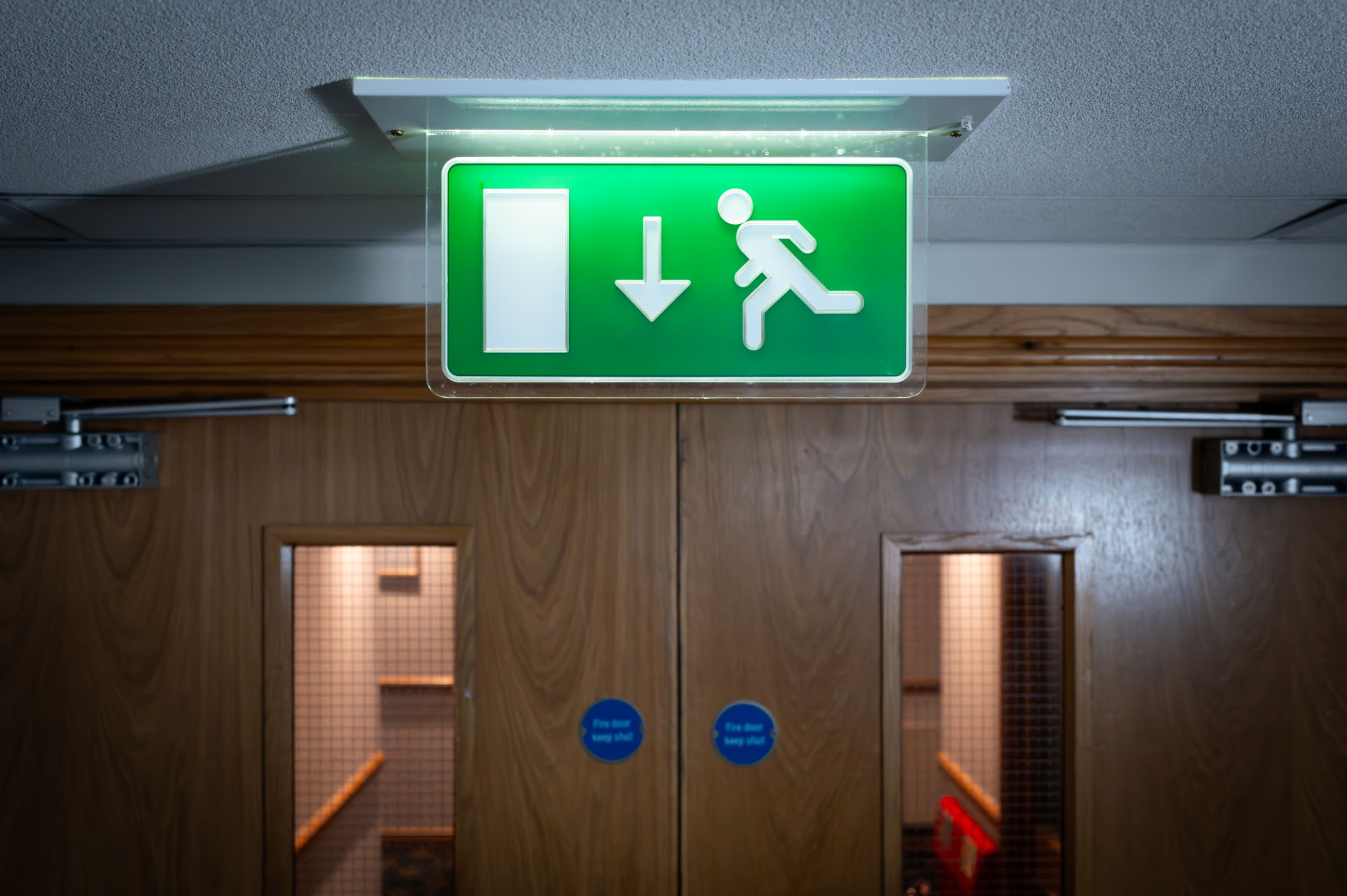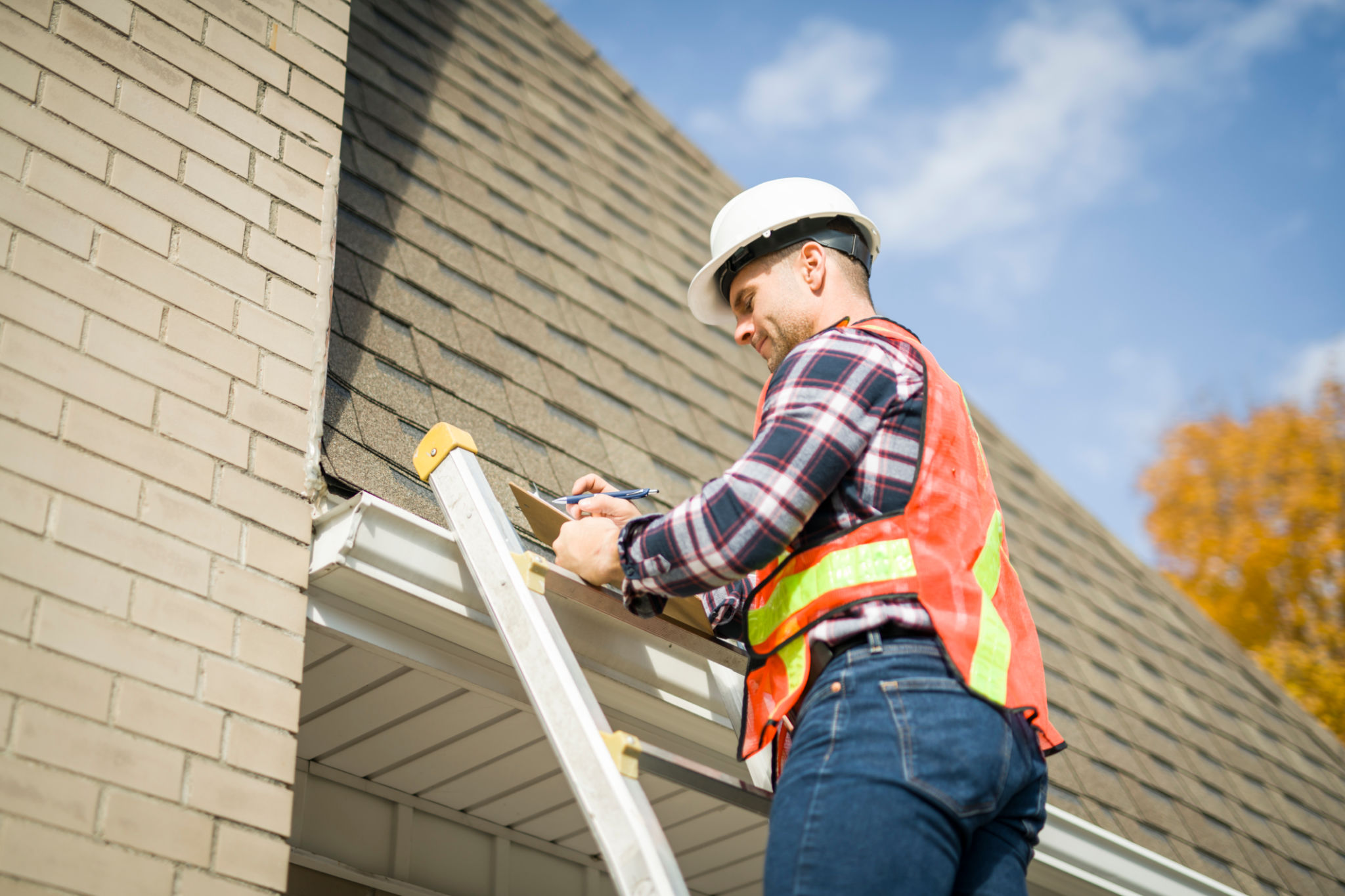How to Prepare Your Building for a Fire Escape Inspection
Understanding the Importance of Fire Escape Inspections
Ensuring the safety of a building's occupants is a paramount concern for property owners and managers. One critical aspect of this is preparing for a fire escape inspection. These inspections are conducted to verify that all escape routes are accessible, functional, and compliant with local safety codes. Regular inspections not only help in maintaining compliance but also play a crucial role in preventing potential disasters.

Conduct a Preliminary Assessment
Before an official inspection, conduct a preliminary assessment of your building. This involves checking all fire escapes for structural integrity and ensuring that they are free from obstructions. Look for any signs of rust, wear, or damage that could compromise the escape route's functionality. It's also important to ensure that all escape doors and windows open easily and are not blocked by furniture or debris.
Additionally, inspect the lighting along the escape routes. Emergency lights should be operational and bright enough to guide occupants safely during an evacuation. Test the batteries and replace any faulty bulbs as necessary.
Review Compliance with Safety Codes
Familiarize yourself with the local fire safety codes and regulations. These codes often dictate specific requirements for fire escapes, such as width, landing size, and railing height. Ensure your building meets these standards to avoid penalties and enhance safety.

It's advisable to consult a fire safety expert or a professional inspector who can provide insights into any areas that might need improvement. They can help identify potential issues that you might overlook and provide guidance on how to address them effectively.
Maintain Clear and Accessible Escape Routes
One of the most common issues found during fire escape inspections is blocked or cluttered escape routes. Make it a priority to keep these pathways clear at all times. Ensure that stairwells, hallways, and exits are free from obstacles that could impede a quick exit in an emergency.
- Regularly inspect and remove any items blocking the escape routes.
- Educate tenants or staff about the importance of keeping these areas clear.
- Post visible signage reminding everyone of the need to maintain accessibility.
Regular Maintenance and Documentation
Regular maintenance is essential for keeping your fire escapes in top condition. Schedule periodic checks to ensure that all components, such as ladders, stairs, and railings, are secure and functional. Lubricate moving parts to prevent rust and ensure smooth operation.

Keep detailed records of all inspections, repairs, and maintenance activities. This documentation can be invaluable during official inspections as it demonstrates your commitment to safety and compliance. In case of an emergency, having a well-maintained fire escape can make all the difference.
Implement a Fire Safety Plan
A comprehensive fire safety plan is vital for any building. This plan should outline evacuation procedures, designate assembly points, and identify responsible personnel for guiding occupants during an emergency. Conduct regular fire drills to familiarize everyone with the procedures and ensure they know how to react swiftly in case of a fire.
By taking these steps, you can ensure your building is well-prepared for a fire escape inspection. Not only will this help you comply with legal requirements, but it will also provide peace of mind knowing that your building’s occupants are well-protected in the event of a fire.
